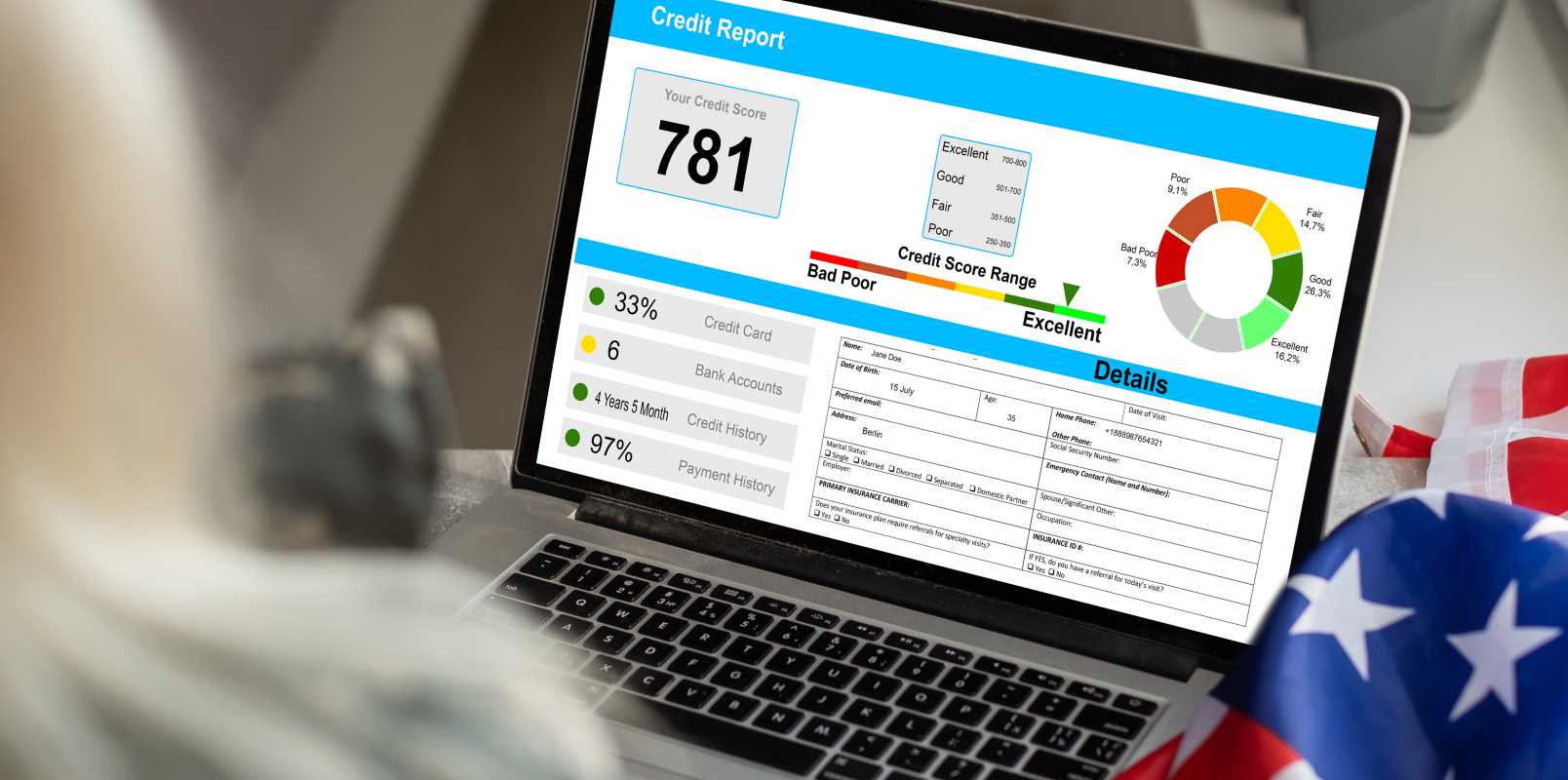Finding harmony between your career goals and your love for the environment doesn't have to be a daunting task. Eco-friendly investing offers a seamless way to achieve this balance. Picture your investments not only increasing your wealth but also playing a crucial role in nurturing a healthier planet. For young professionals who are keen on making a positive impact, choosing financial paths that reflect your values can pave the way to both personal satisfaction and professional growth. This dual benefit makes eco-friendly investing an attractive choice for those who want their financial decisions to mirror their commitment to sustainability.
Why Eco-Friendly Investments Matter
Eco-friendly investments go beyond just financial returns; they play a crucial role in creating a sustainable future. Here are some key benefits:
- Environmental Impact: Supporting companies that prioritize renewable energy, waste reduction, and sustainable practices helps mitigate climate change and preserve natural resources.
- Financial Growth: Sustainable businesses often position themselves well for long-term success, as they prepare better to navigate regulatory changes and shifting consumer preferences.
- Risk Management: Investing in eco-friendly options reduces exposure to industries that may face declining demand or legal challenges due to environmental concerns.
- Positive Reputation: Aligning your investments with environmental values enhances your personal brand and attracts like-minded partners and employers.
Getting Started with Eco-Friendly Investing
Starting your eco-friendly investment journey is simpler than you might think. Follow these steps to get going:
- Assess Your Values: Determine which environmental issues matter most to you, whether it's renewable energy, sustainable agriculture, or water conservation.
- Research Investment Options: Explore mutual funds, ETFs, and individual stocks that focus on sustainability and responsible business practices.
- Set Financial Goals: Define your investment objectives, such as retirement savings, buying a home, or building an emergency fund, and how eco-friendly investments can align with these goals.
- Choose a Brokerage: Select a platform that offers a range of sustainable investment options and provides tools to help you manage your portfolio effectively.
- Diversify Your Portfolio: Spread your investments across different sectors and asset classes to minimize risk and maximize potential returns.
Popular Eco-Friendly Investment Options
Various avenues exist to channel your investments into sustainable ventures. Here are some popular options:
- Renewable Energy Stocks: Invest in companies specializing in solar, wind, and other renewable energy sources.
- Green Bonds: Purchase bonds that fund environmentally friendly projects, such as clean transportation or energy-efficient buildings.
- Sustainable ETFs: Exchange-traded funds that focus on companies with strong environmental, social, and governance (ESG) criteria.
- Impact Funds: These funds prioritize investments that generate measurable social and environmental impacts alongside financial returns.
- Real Estate: Invest in properties that utilize sustainable building practices and energy-efficient technologies.
Ways to Maximize Impact
To ensure your investments make the most significant difference, consider these practical tips:
- Stay Informed: Keep up with the latest trends and developments in sustainable industries to make informed investment decisions.
- Engage with Companies: Use your influence as a shareholder to encourage companies to adopt more sustainable practices.
- Reinvest Returns: Reinvesting your earnings can accelerate the growth of your eco-friendly portfolio.
- Monitor Performance: Regularly review your investments to ensure they continue to align with your sustainability goals.
Effective approaches in sustainable investing can significantly impact investment outcomes.
Challenges and Considerations
While eco-friendly investing offers numerous benefits, it's essential to be aware of potential challenges:
- Limited Options: The market for sustainable investments is growing but may still present fewer options compared to traditional investments.
- Higher Costs: Some eco-friendly funds may incur higher fees due to specialized management and research.
- Performance Variability: Sustainable investments can face the same market fluctuations as other investments, impacting returns.
- Greenwashing: Be cautious of companies that falsely claim to be environmentally friendly to attract investors.
To mitigate these risks, thoroughly research investment opportunities and consider consulting with a financial advisor who specializes in sustainable investments.
Eco-friendly investing allows you to grow your wealth while supporting a sustainable future. Start today to align your investments with your values.







